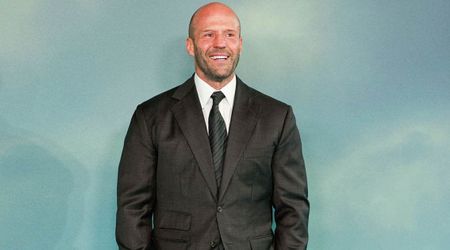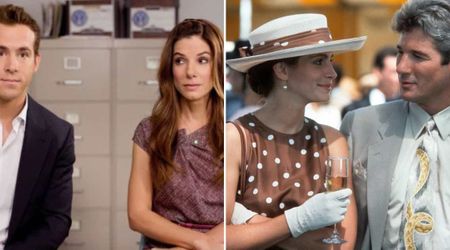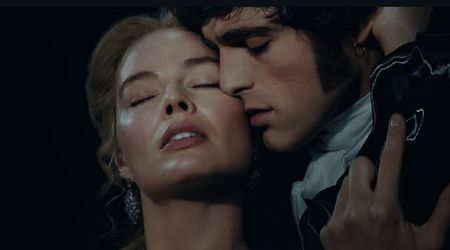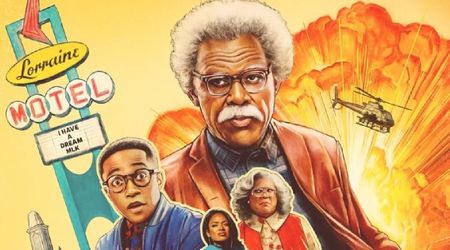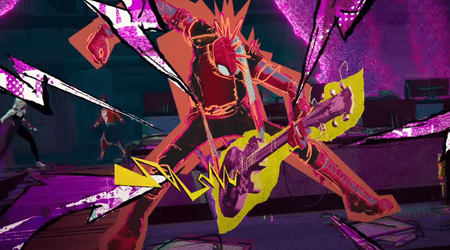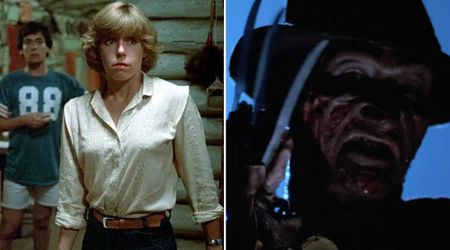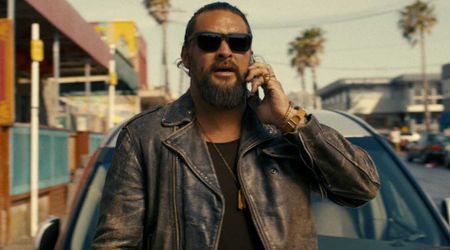'Da 5 Bloods' draws much-needed focus to plight of Black veterans who are opening up about their experiences

‘Da 5 Bloods’, Spike Lee’s latest film, has given birth to a conversation. Lee’s film revolves around four African-American Vietnam War veterans and explores the idea of race within the U.S. military, creates a parallel of the war with the civil rights movement and the assassination of Dr. Martin Luther King Jr., and attempts to show the war through the lens of black soldiers alone.
It has been widely reported how black soldiers were disproportionately assigned menial duties, denied promotions, unfairly targeted for punishment, and disproportionately assigned to combat units and killed in Vietnam. There have also been reports of how the assassination of Dr. King in April 1968 led to increased racial tensions within the troops; for example, white soldiers hanging Confederate battle flags outside their barracks or wearing Ku Klux Klan robes in celebration.
In the film as well, the radio announcement of Dr. King’s assassination leads to a moment of high tempers in the small platoon made up of Delroy Lindo, Chadwick Boseman, Isiah Whitlock Jr., Clarke Peters, and Norm Lewis.
Unsurprisingly, the film has led to African-American veterans talking about it, as well as the kind of racial indignities they had to bear within the ranks. Duery Felton, a veteran of the war, told Time magazine, “Out in the field, everyone had to depend on everyone. But when you got back to base camp, you had what you’d call de facto segregation.”
Londia Granger Wright, who joined the Navy and served as a chaplain’s assistant in Guam supporting Vietnamese refugees also spoke about the indignities she and her late husband George Wright, a Marine sergeant major, faced. She told Time magazine that a pilot told her that she “should not have been allowed to be in the Navy and that I needed to go back to where I came from… When we’d watch military Hollywood films, [George] would shake his head and laugh and turn them off, because he said they were so wrong.”
Other African-American veterans spoke about conditions after the war and how they were left to deal with their troubles on their own. Delroy Lindo’s Paul in ‘Da 5 Bloods’ brings to light how post-traumatic stress disorder continued to affect him even 40 years later. In light of that, Dedan Kimathi Ji Jaga spoke to The Guardian about how the government provided little to no help and left him to deal with his PTSD. “They summarily released me back to the streets with no aid,” the 72-year-old vet said.
Richard D Kingsberry, a veteran who served in the Navy during the war, told the Guardian, “The plight of African-American service members who served in Vietnam, where they are now, why they are the way they are, this should be brought to light. A lot of African-American service members never got cared for properly after they returned, and that is a life-altering impact.”
In many ways, ‘Da 5 Bloods’ can be considered a great film. It has great acting, a good story, and terrific social commentary. But the biggest success of the Spike Lee project, it seems, has been the renewed focus of black soldiers who fought and died in the Vietnam War, who are more often than not neglected from the narrative. For veterans to now open up about their experiences of one of the most famous U.S. wars is as big a validation to Lee’s filmmaking as can be.
'Da 5 Bloods' is available for viewing on Netflix.

